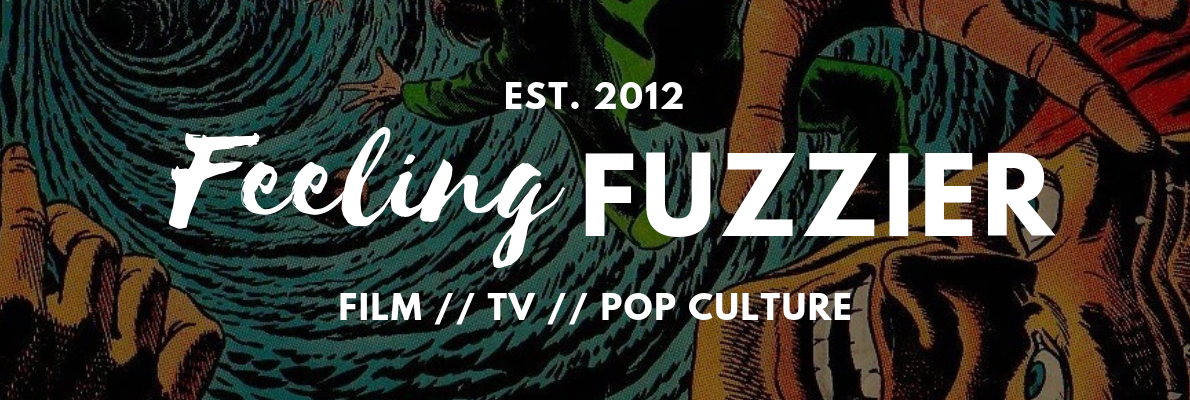Steven Spielberg's The Post is a compelling period yarn that takes aim at the current US administration with a message that is more relevant and urgent than ever.
For 20 years, America fought a losing battle against a Communist regime in Vietnam. For 20 years, its government lied to the people about its chances and progress throughout the embattled nation – and The Post is about expose that blew the story wide open.
Set in 1971, The Post centres around the unlikely partnership of The Washington Post's Kay Graham (Meryl Streep), the first female publisher of a major American newspaper, and editor Ben Bradlee (Tom Hanks), as they battle to keep the paper afloat amidst a hostile government administration that is hellbent on preventing sensitive military secrets from being printed.
Even though The Post is set decades ago during the height of the Vietnam War, its themes and voice is as strong and relevant as ever. With the Trump administration striving to undermine and delegitimise the free press at every turn, Spielberg's film couldn't be more apt. This messaging is somewhat heavy-handed at times, often being quite literally offered to the audiences directly through blunt dialogue.
Spielberg's film feels almost a slave to its own ideals; instead of getting to intimately understand its two protagonists, we're served a blunt hammer to the head with little wiggle room for nuance. That's not to say Hanks and Streep don't give good performances – Streep in particular waltzes through her scenes with a deft mixture of power and grace – it just means Spielberg didn't really claw under their skin like I was hoping.
We learn a morsel here and there, like Graham's inner doubts and fears about sullying the family business, but recounting the events themselves seems to be Spielberg's primary focus. Hanks in particular is afforded a fairly one-note character, as if he was handed a sheet with 'brusque newsroom editor' on it and that's it.
Firmly in Lincoln and Bridge of Spies territory, Spielberg's take on the journalism procedural is fairly dry; there isn't room for whimsy and the action is found in a newsroom or a courtroom of Washington DC rather than in the jungles and battlefields of Vietnam. I found myself drawn to the smaller characters; Matthew Rhys' idealistic revolutionary, Jesse Plemons' by-the-book lawyer, Carrie Coon's snappy reporter. The standout is Bob Odenkirk's Ben Bagdikian, a news hound whose snooping gets results and sets the plot in motion. Why Odenkirk isn't being talked about for best supporting actor is beyond me.
For all my quibbles, I still found The Post to be very compelling stuff. In terms of direction, cinematography and editing, it's seamless and hard to fault. Everyone working behind the scenes has done an excellent job of capturing the period and the affection for the newspaper business that shines through is enchanting stuff. A montage of close-ups that shows the printing press and typists at work is a personal highlight, all soundtracked to John Williams' wonderful score that sets the race-against-time tempo with aplomb.
When all is said and done, The Post is worth it just to see a master like Spielberg in his element. We often take for granted how great Spielberg is when handed material that he really cares about, and he makes compelling period Oscar bait look so effortless in The Post.
The Verdict: 8/10
Effective filmmaking and terrific acting across the board, but one can't help but feel that The Post is a little lacking when it comes to getting its message across without feeling like a sermon. A shred of subtlety would've gone a long way, and helped forge a stronger connection with the characters.
The Post is in cinemas across Australia now.




No comments:
Post a Comment